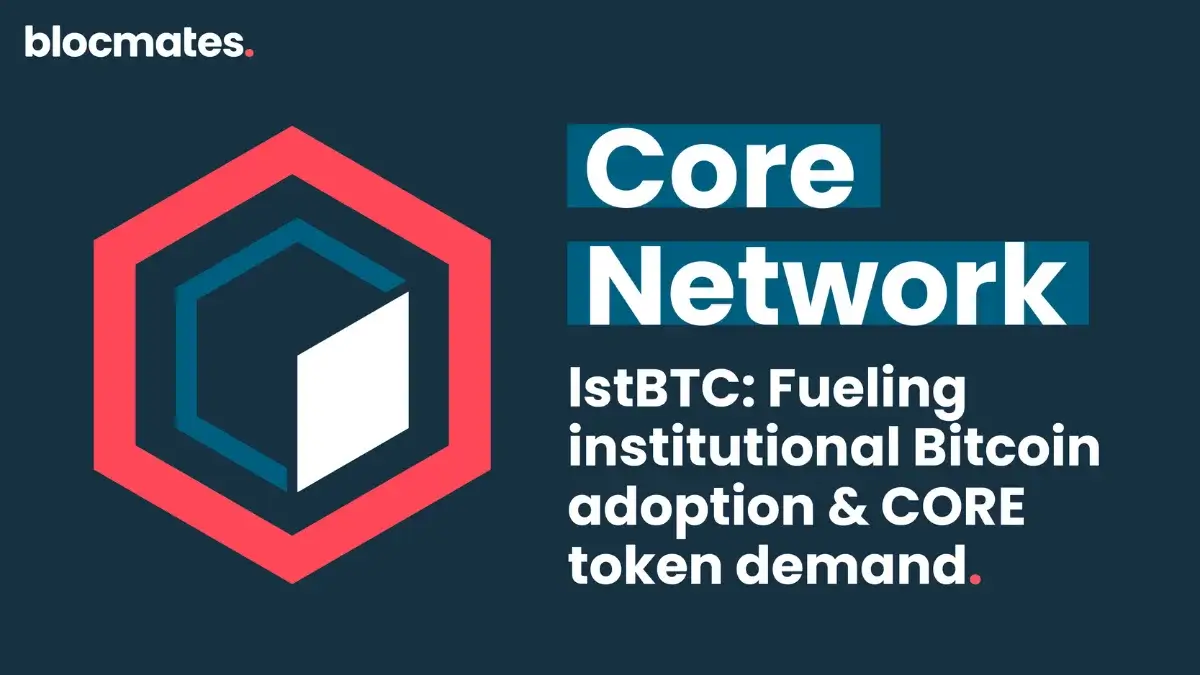Uber might not be accepting crypto for rides just yet, but it's definitely circling the idea.
During a talk at the Bloomberg Tech Summit in San Francisco, Uber CEO Dara Khosrowshahi revealed that the company is currently in the “study phase” of exploring stablecoins as a cost-cutting tool for international money transfers.
While it's not a full commitment, the comments signal that Uber sees potential in blockchain-powered payments, especially those that skip the volatility rollercoaster.
Stablecoins as a Payment Rail, Not an Investment
Khosrowshahi made it clear: Uber isn’t here to speculate on the future of Bitcoin. Instead, the focus is on stablecoins, a specific corner of the crypto world that’s designed to stay pegged to traditional currencies like the U.S. dollar.
“I do think that stablecoin is quite promising,” he said, calling it one of the more practical applications of crypto beyond just holding it as an asset.
For global companies like Uber, which handles payments across countless borders, the appeal lies in reducing the cost and friction of moving money internationally.
This isn’t the first time Khosrowshahi has entertained the idea of using crypto in some way. Back in 2021 and 2022, he said Uber would “absolutely” accept crypto at some point, just not until the transaction costs and environmental impacts made more sense.
Fast forward to 2025, and stablecoins, backed by cash or short-term Treasuries, are increasingly becoming the favorite among both companies and regulators looking to blend traditional finance with crypto tech.
The Bigger Stablecoin Picture
Uber’s exploration comes at a time when U.S. policy is beginning to catch up. The Genius Act, a stablecoin-focused bill gaining traction in Washington, is helping shape clearer rules for issuance and compliance.
Meanwhile, major banks like Citigroup, Bank of America, and Wells Fargo are reportedly in discussions to launch a shared stablecoin project, potentially signaling a broader move into blockchain-backed finance.
Whether Uber goes full steam ahead with stablecoin integration or keeps it on the backburner, one thing is clear: crypto payments aren't just for Web3 startups anymore.




















.webp)

.webp)
.webp)

%20(1).webp)



























































%202.webp)


.webp)

.webp)
.webp)
.webp)



.webp)












.webp)
.webp)

.webp)
.webp)
.webp)


.webp)
.webp)










.webp)


.webp)









.webp)







.webp)




.webp)


























.webp)







.webp)















.webp)

.webp)
.webp)

.webp)














.webp)

.webp)


.webp)








.webp)




